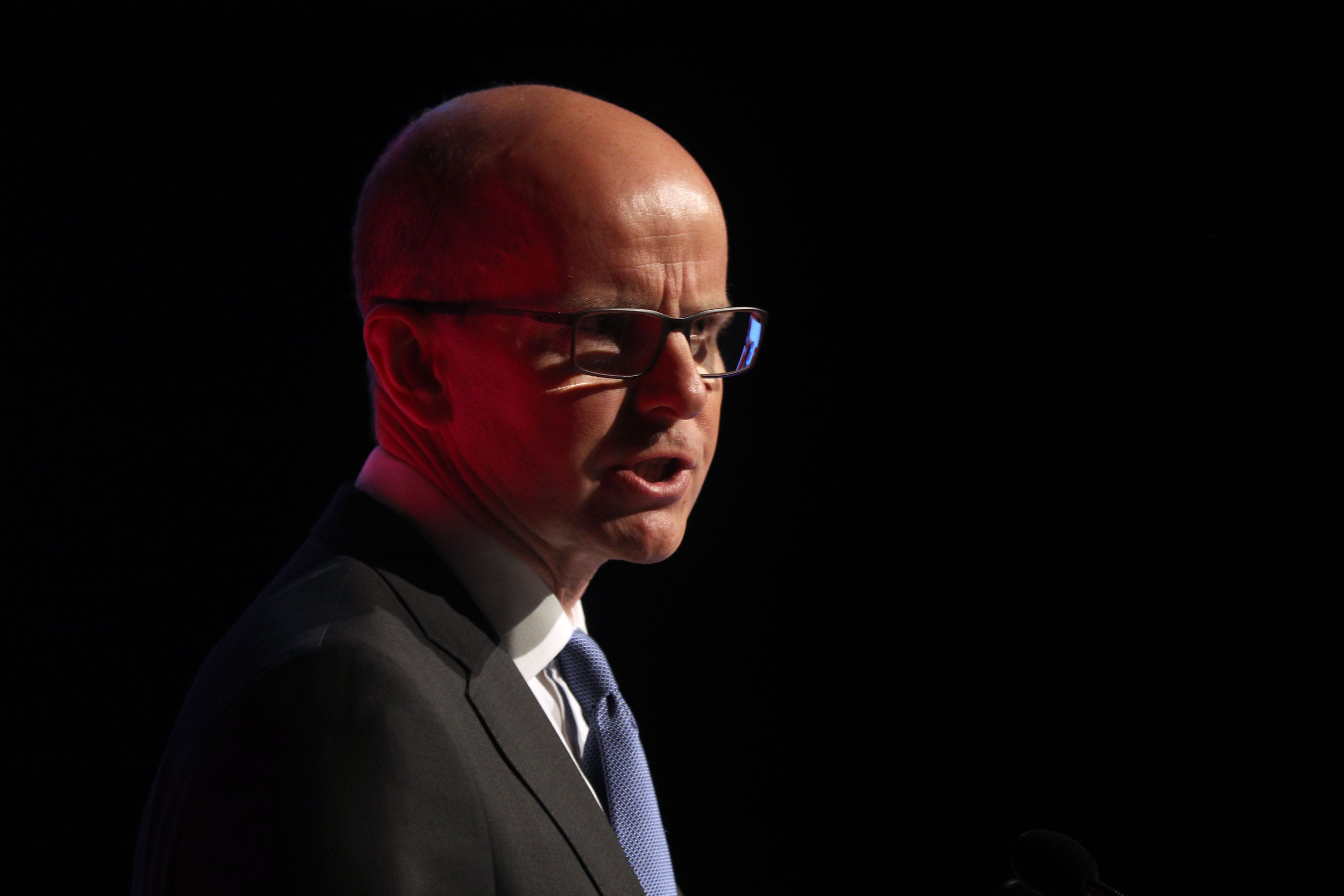UK spies waging cyber attacks to ‘weaken adversaries’ including Russia and Iran
GCHQ chief says Britain ‘must be able to contest and compete with adversaries in cyberspace’

British spies are waging cyber attacks on Russia, Iran and other hostile states that aim to “weaken adversaries” and sow mistrust.
GCHQ has revealed details of the UK’s National Cyber Force (NCF), which it says carries out cyber operations on a daily basis to protect against threats to the UK, including espionage, terrorism and serious crime.
With weeks to go until England’s local elections, the intelligence agency said the secretive unit was also working to “reduce the threat of external interference in democratic elections”.
Sir Jeremy Fleming, the director of GCHQ, said: “In an increasingly volatile and interconnected world, to be a truly responsible cyber power, nations must be able to contest and compete with adversaries in cyberspace.
“In the UK, the National Cyber Force complements the UK’s world class cyber resilience to give the country operational cyber capabilities at the scale needed to protect our free, open, and peaceful society.”
The unit was established in 2020 and includes staff from GCHQ, MI6 and the Ministry of Defence who use a combination of clandestine technology, undercover agents, hacking and interception.
It is involved in foreign military operations, with a document published on Tuesday saying it helps “ensure they safely meet their mission objectives” by “disrupting” enemies physically, affecting supply chains and stopping malware or hacking attempts.
Without giving specifics, GCHQ said the NCF also worked against hostile states by “exposing activities” and countering disinformation, and that sometimes “adversaries do not realise that the effects they are experiencing are the result of a cyber operation”.
It added: “Central to the NCF’s approach is the ‘doctrine of cognitive effect’ - using techniques that have the potential to sow distrust, decrease morale, and weaken our adversaries’ abilities to plan and conduct their activities effectively.
“This can include preventing terrorist groups from publishing pieces of extremist media online or making it harder for states to use the internet to spread disinformation by affecting their perception of the operating environment.”
GCHQ insisted that all operations were precisely targeted and “conducted in a legal and ethical manner, in line with domestic and international law”.
It has named the commander of the NFC, long-serving intelligence officer James Babbage, for the first time, saying the move was part of a government commitment to transparency on cyber operations.
Join our commenting forum
Join thought-provoking conversations, follow other Independent readers and see their replies
Comments


Bookmark popover
Removed from bookmarks